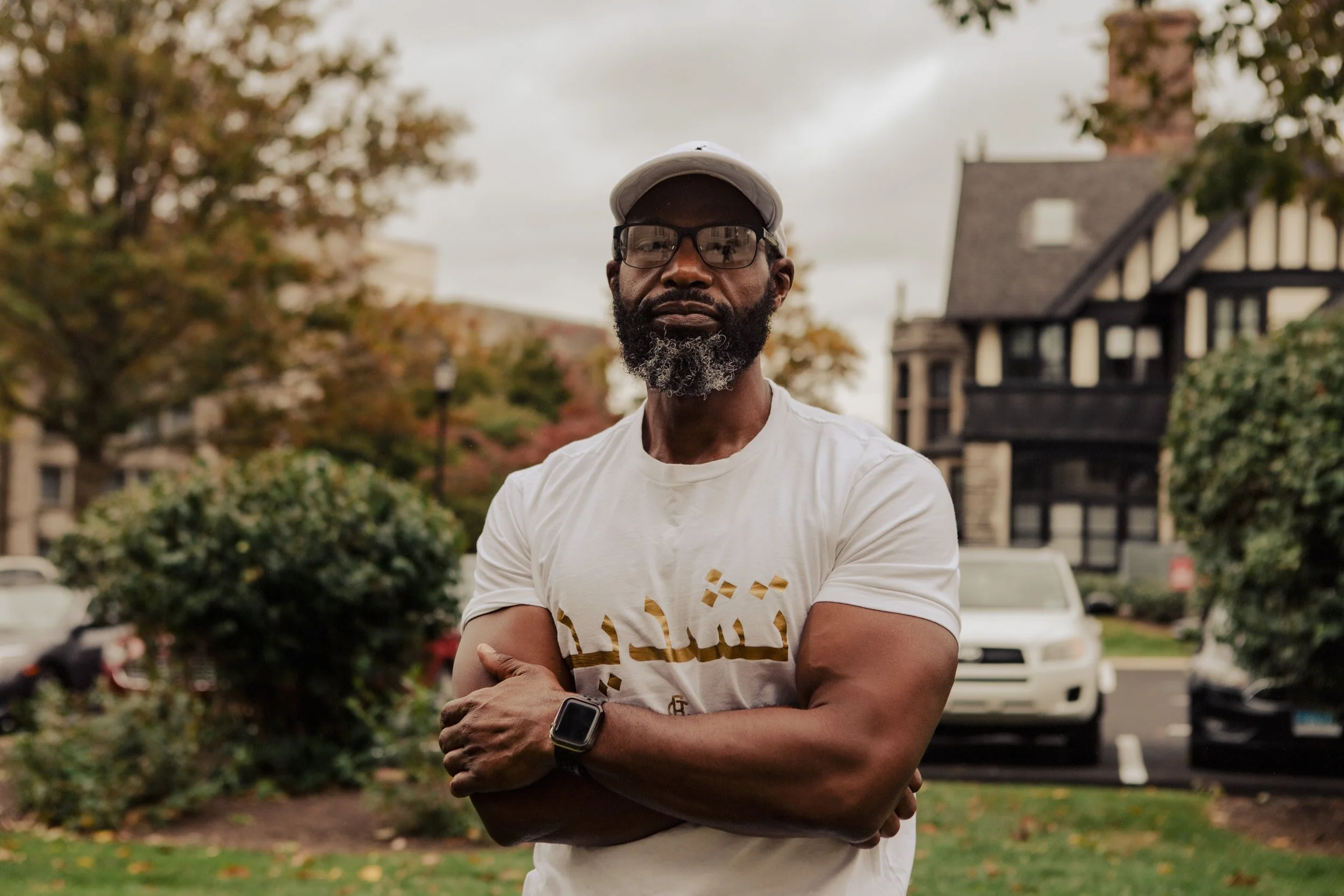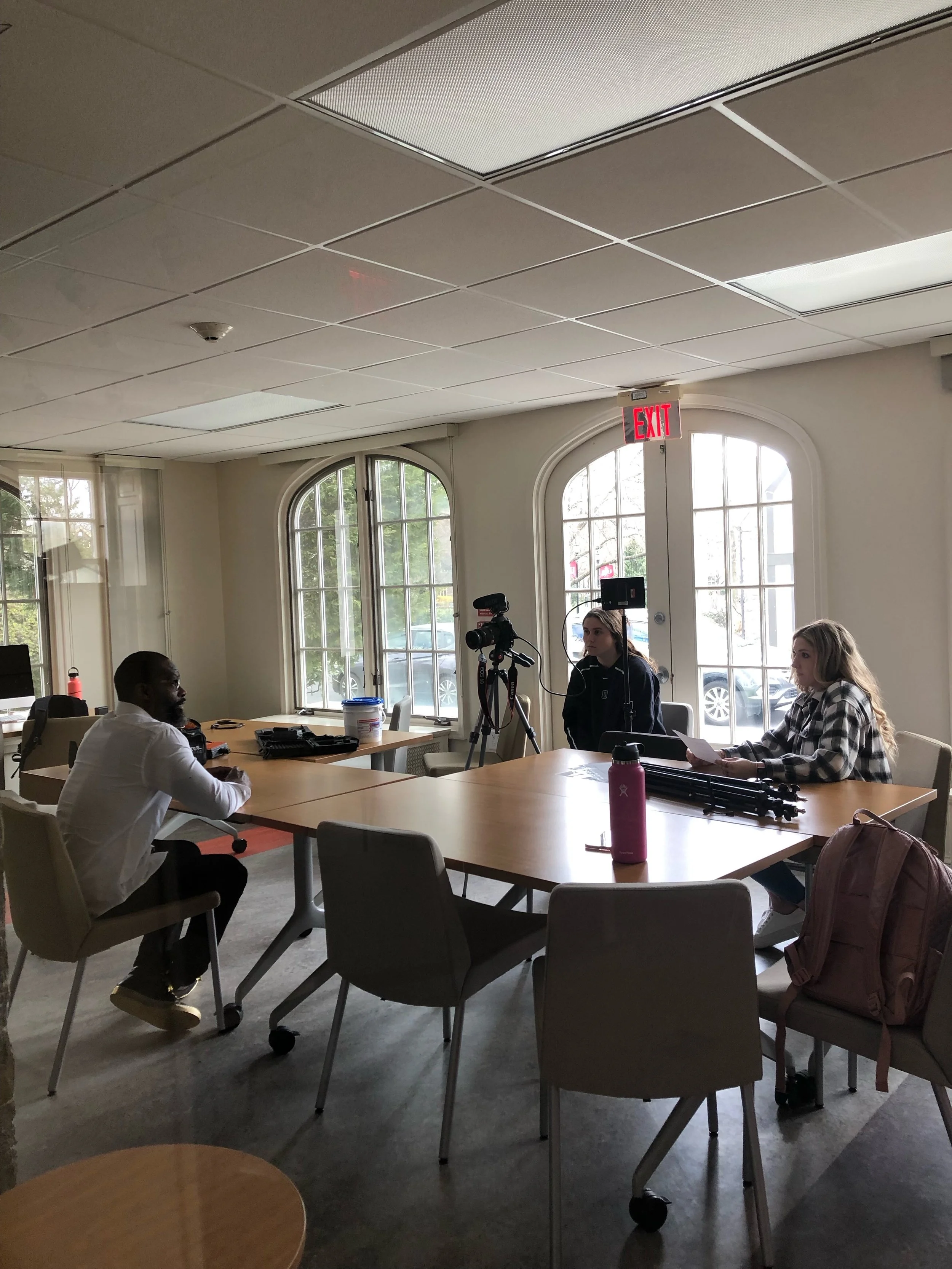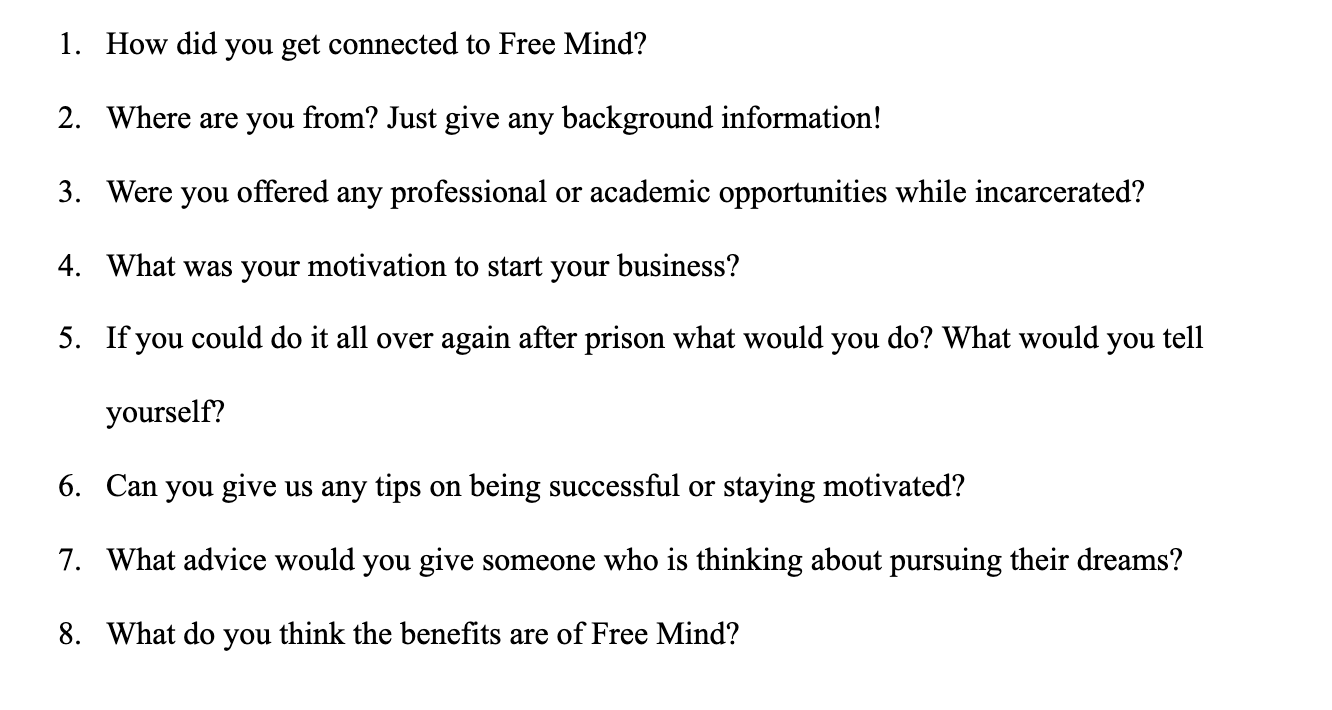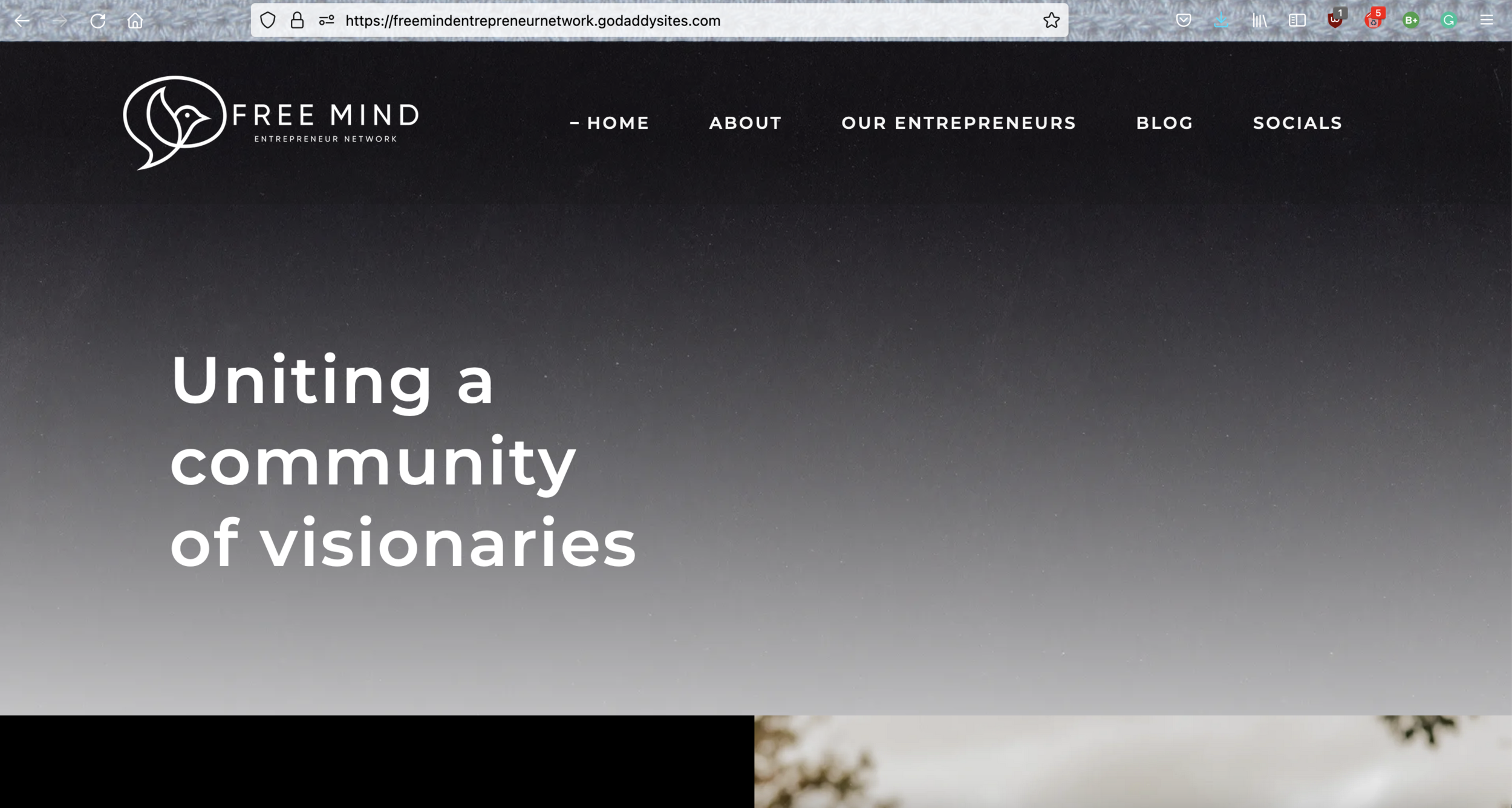7 tips for conducting interviews within a group setting
After spending 30 years in prison, for a crime that did not deserve this punishment, Stacey Torrance was released with high goals for himself in his post-prison life. Stacey wanted to create a place for those who have been incarcerated to be able to live out their dreams without judgment. As a result, Stacey founded Free Mind Entrepreneur Network in 2021 and is continuing to pursue his passion.
Stacey Torrance, Founder, Free Mind Entrepreneur Network
Our project answers the question: How do we co-create more engaging content with our entrepreneurs to tell their stories and expand the network via multiple social media platforms? In order to continue to assist in growing the Free Mind network and share their message, we are making a video that we can share online. The goal of the video is to create more engaging content that can represent the members of the Free Mind network and will consist of interviews of the various members of Free Mind. In the interviews the members share their stories, talk about their hardships and struggles as well as what they have done to overcome challenges and find success.
Members of the BSocial/Free Mind team filming
Here are 7 tips that have helped us throughout this process:
1. Create a Spreadsheet for your Interviewees
You can create a spreadsheet in Google Sheets and share it with your group members so everyone has access to the information and can add content if anything changes. Once you have your spreadsheet we found the best way to organize it was by sectioning it off by; contact name, their phone number (you can add email too), whether you reached out to them about interviewing or not, their confirmation response, the day that is planned for them to be interviewed, any additional notes about them, and lastly whether the interview has been completed or not. This spreadsheet will help you keep track of your interviewees and help keep your team aware of the timeline you are working with.
Our spreadsheet to keep track of our guests and filming dates
2. Delegate who films who
Before the interview day, make sure you meet with your team and discuss who is going to be where. Being prepared and knowing where everyone is going to be is extremely helpful the day of. Additionally, decide who is going to be in control of filming and who is in charge of asking the interview questions. These roles can be combined if you don’t have enough people to divvy up this task.
3. Deciding where to film
Once you know your interviewees and their interviewers, you need to figure out where to do this. It’s helpful to film in a place that has an environment you can control. For example, how many people come in and out of the room? If you want to film outside, try to make sure you’re not set up by a busy road because those sounds will be hard to edit out. Most importantly, make sure your filming locations are accessible for everyone!
4. Curate questions
One of the most important things about an interview is the questions! Discuss with your group what direction you want to take the interview and create questions that can help you create your story. Once your group has created a list of questions, it’s helpful to print them out and hand them out to your group members the day of the interview. It makes the interview space look more professional if you’re referring to your paper for the questions instead of your phone.
Our interview questions
5. Getting the gear
Don’t worry about purchasing cameras and microphones! Go to the COM Gear Room which is located on the second floor of Bronstein Hall. You can check out all the gear you need and have it ready for your interviewees. This includes cameras, microphones, and lights (if needed). For video filming that took place inside, the best microphone to use is the shotgun microphone which produces great audio quality and is most used when you are filming in a quiet setting. For video filming outside, the boom microphone is the best to use because it minimizes unwanted background noise and focuses on the main person speaking. Make sure that you charge the batteries of everything the night before.
6. Filming
For filming, it is important to make sure your interviewee is placed in the center of the camera's eye and the lens is completely focused. From there, you are set to film and ask your interviewee the respected questions.
7. Ask for help
Don’t be afraid to reach outside of your group for help. Whether you want feedback on your group's interview questions or help with working with gear, ask for help. Seeking suggestions, feedback, or guidance will only enhance your groups ability to conduct an interview.
All in all, we have learned a lot about delegating tasks while conducting our interviews with the entrepreneurs in the network. Tips like organizing video shoots through a spreadsheet, delegating who films who, curating questions, deciding locations, borrowing gear, and asking for help was monumental for us throughout our filming process.
We hope that by implementing these strategies, our video for The Free Mind Entrepreneur Network will turn out the best it could be.





